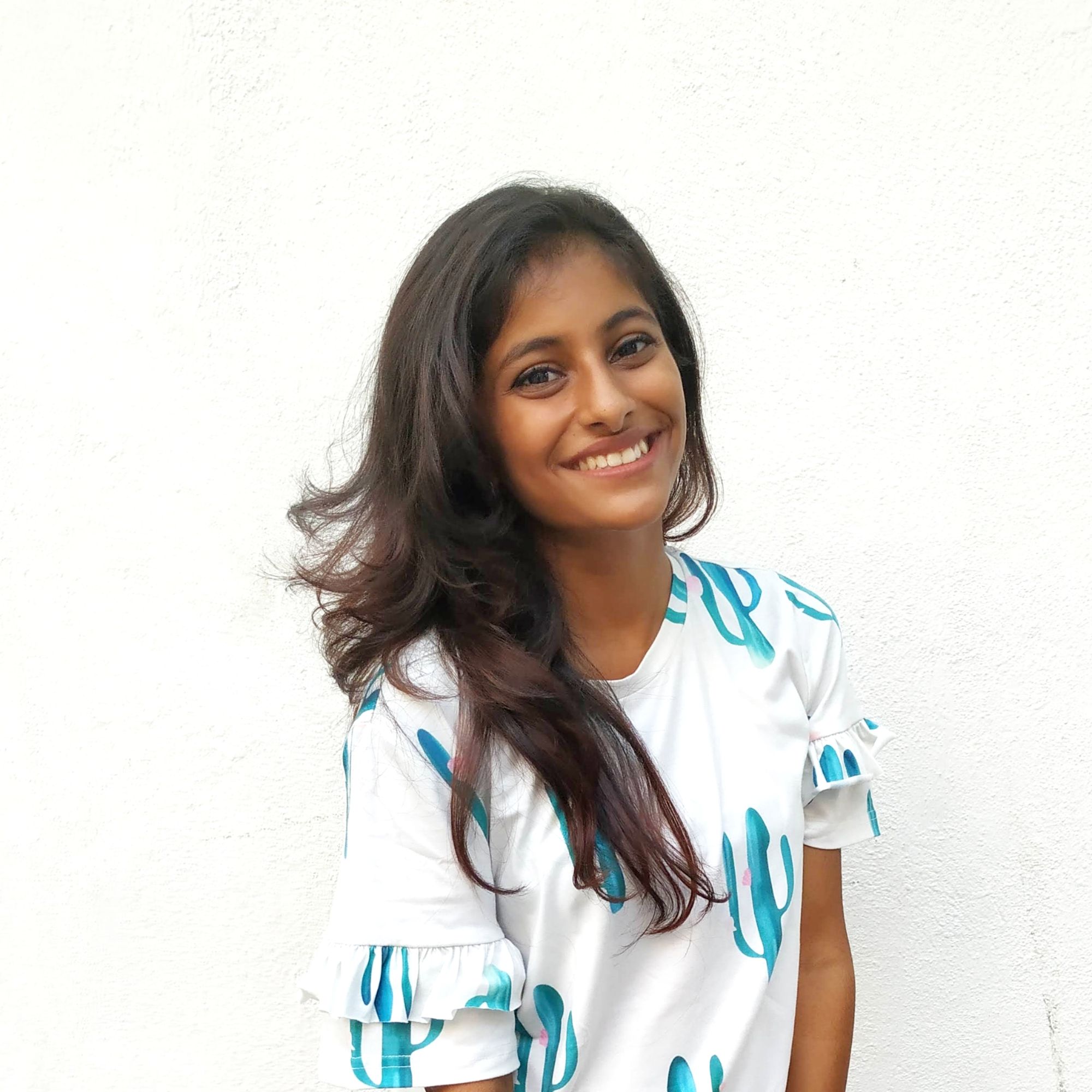Cold case reopens, uniting Indian community in State College
The Vedam Family, who were among the first Indians at State College, started a tradition of hosting story hours, which still continues, but more recently has turned into a support group that reflects on Vedam’s case and rallies to support his fight for justice.
.png) Subramanyam / Vedam Family/ FreeSubu.org
Subramanyam / Vedam Family/ FreeSubu.org
The Indian Community in Pennsylvania's State College area has come together to seek justice for Subramanyam "Subu" Vedam, convicted over 40 years ago in the murder of his friend, which he insists he did not commit.
The decades-old murder case that once shocked the State College community has resurfaced, following the discovery of previously withheld evidence, giving Vedam another opportunity to prove his innocence during a court hearing which has been scheduled for Feb. 6-7 at the Centre County Courthouse.
A Complex Case
In Dec 1980, Thomas Kinser (19) went missing and was found dead months later with a gunshot wound to the back of his head. At the time 21-year-old Vedam, who was Kinser's former roommate and classmate was accused and charged with first-degree murder getting a life sentence without parole.
However, Vedam's defense lawyer, Gopal Balachandran, asked the case to be reopened after they found that evidence, including bullet casings and the size of the wound, which could have cleared Vedam of guilt- was allegedly withheld during the original trials in the 80s.
According to court exhibits, reports from FBI's medical examiner at the trial suggested that the bullet wound in Kinser's skull was too small to be made from the .25-caliber gun that Vedam owned. But these measurements weren't turned in to the defense.
“The evidence supports what Subu has been saying all along: He didn’t do this,” said Balachandran, whose team is caliming that Vedam's case was a violation of Brady v. Maryland, a precedent-setting decision that stated prosecutors must turn over any piece of evidence to the defense if it could suggest the defendant is not guilty.
“They (the FBI) were being intentionally obfuscatory and revealed as little as possible. It was their pattern and practice. They would turn over summaries of their conclusions, but they wouldn’t turn over the underlying data. It’s like reading a scientific paper and just getting the conclusion and not the data or results.”
Indian Community Rallies
The Vedam Family, who were among the first Indians at State College, started a tradition of hosting story hours, which still continues, but more recently has turned into a support group that reflects on Vedam’s case and rallies to support his fight for justice.
“It was so tough to take—especially being new to this country—an Indian being incarcerated,” said Bhushan Jayarao, one of the first Indian residents in State College who knew the family. “When you start hearing people talk about it over a period of time, you still fail to generate the idea that [Subu] did something wrong.”
Recalling their younger days, Vedam's sister Saraswathi said, "Subu was so nonviolent when we were growing up, that he would rather shoo out flies than have our mom swat them because he didn’t like that. He was never in a fight growing up and never a rough kid at all.”
The family also claims that Subu faced discriminatory and irrelevant questions about his citizenship, frequent trips to India and daily meditation and yoga practices during his trials. Speaking of the impact of the case on the community, Saraswathi added, “The Indian community was very shaken by it ... [prosecutors and media] basically took his cultural background and alienated him, othered him from people on the jury who were middle-aged all white."
With the court date approaching, the Indian community remains hopeful that this time, justice will prevail.
ADVERTISEMENT
ADVERTISEMENT
E Paper
Video

 Avani Acharya
Avani Acharya

.jpg)

.jpg)
.jpg)
.jpg)
.jpg)
.jpg)


Comments
Start the conversation
Become a member of New India Abroad to start commenting.
Sign Up Now
Already have an account? Login